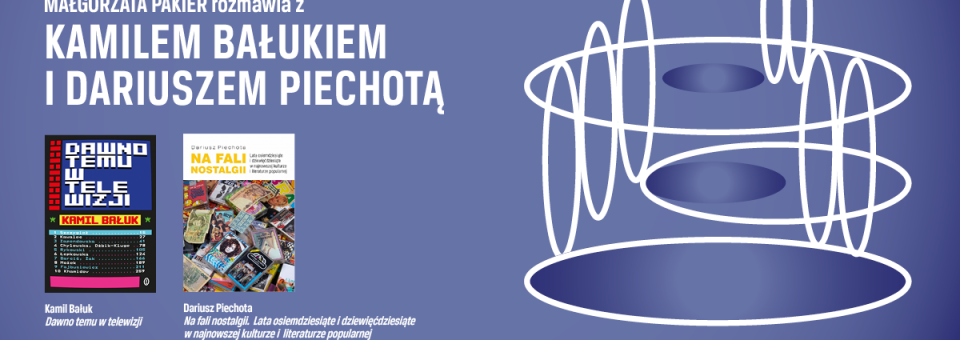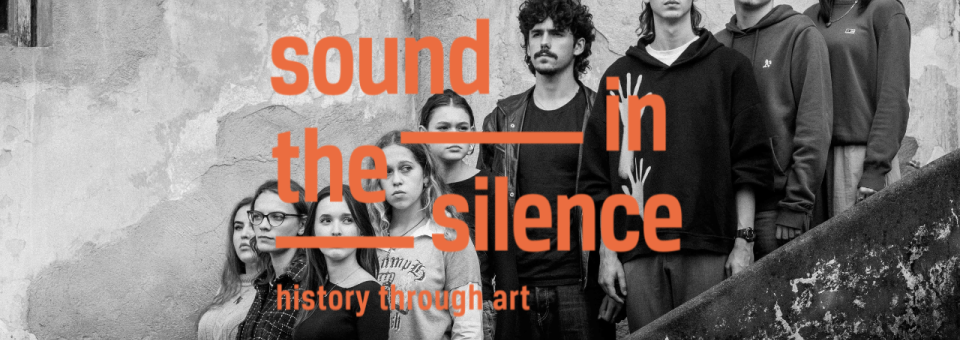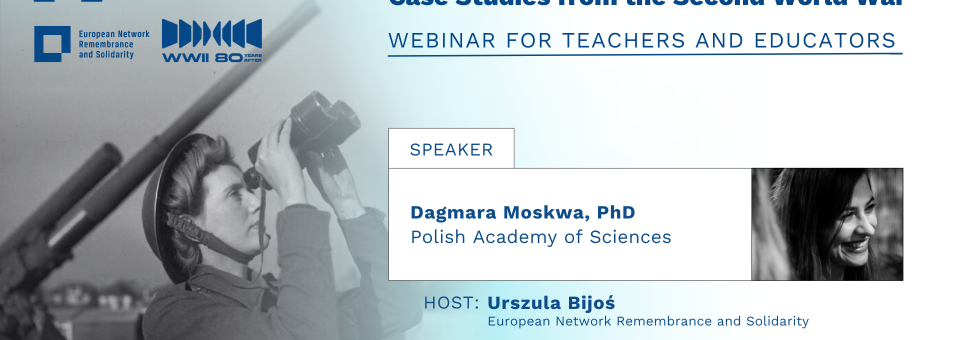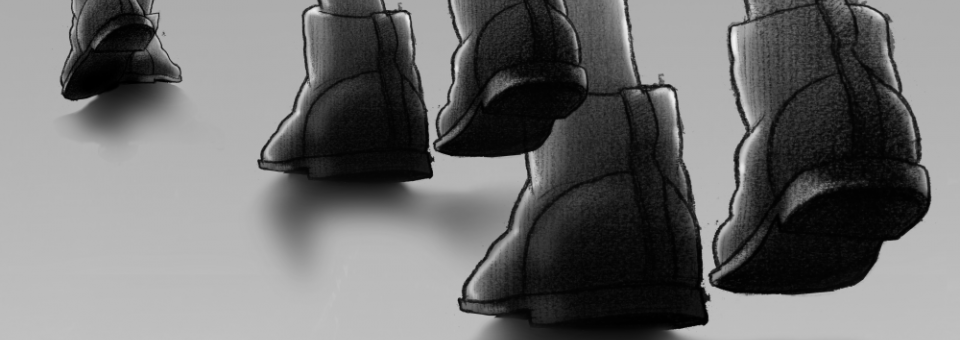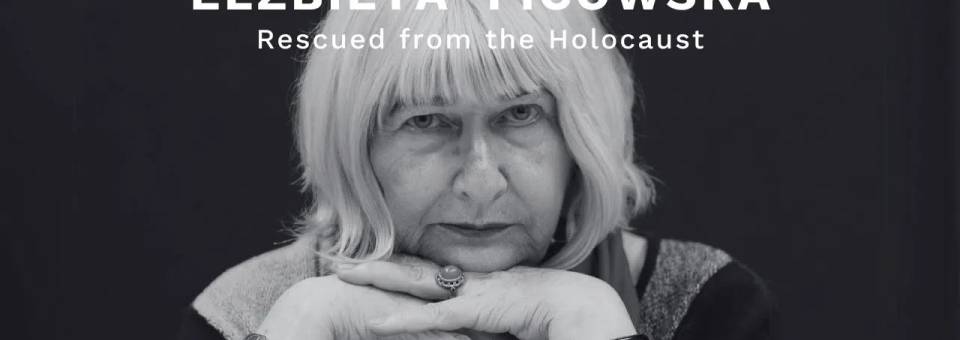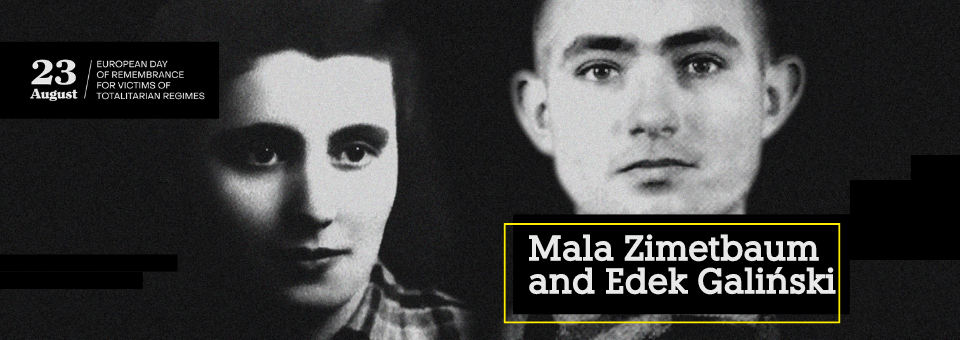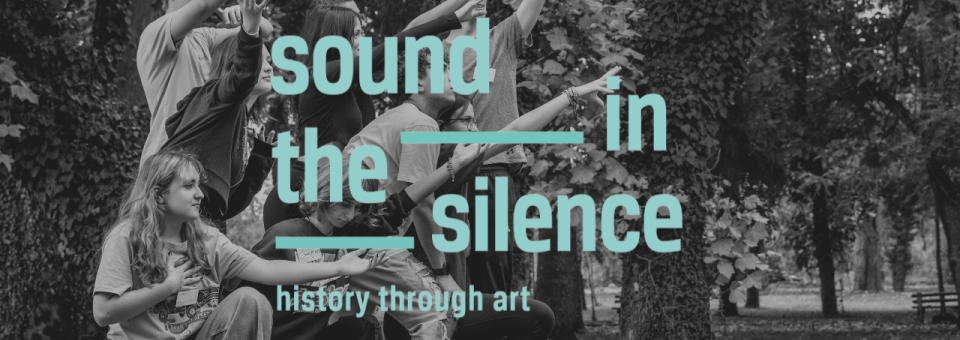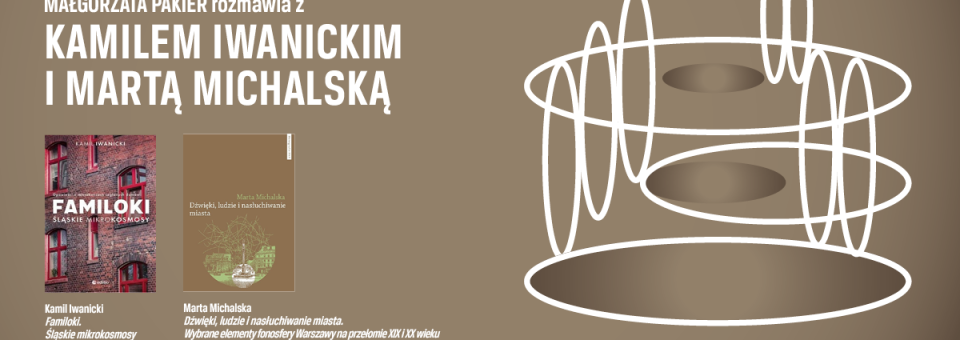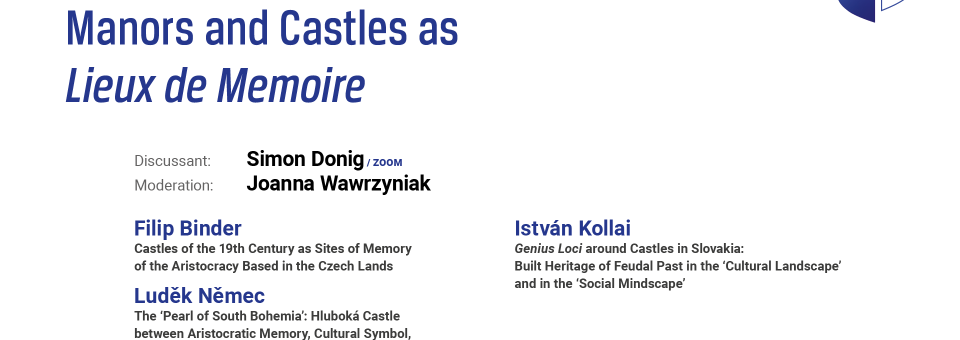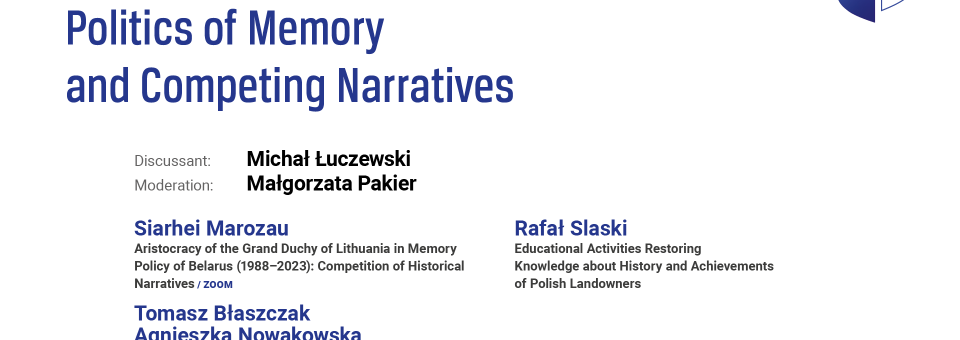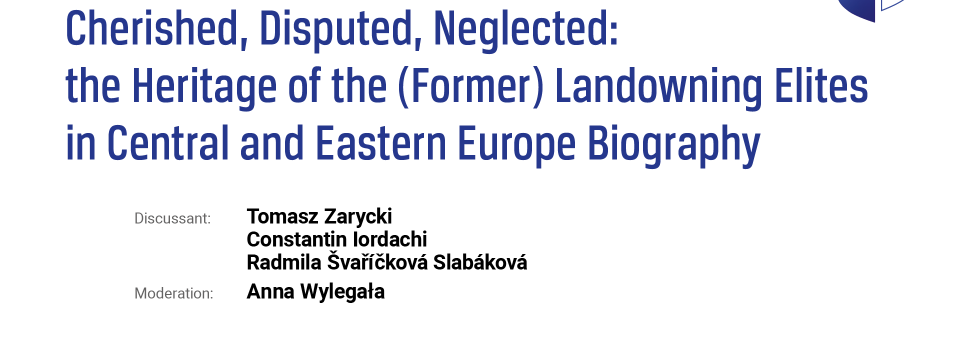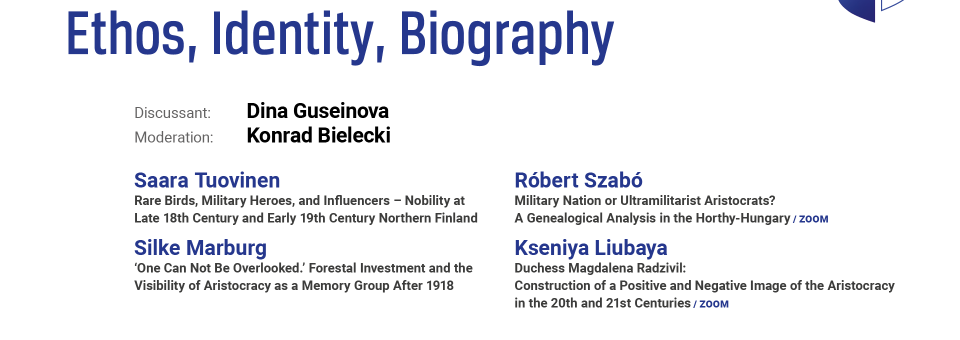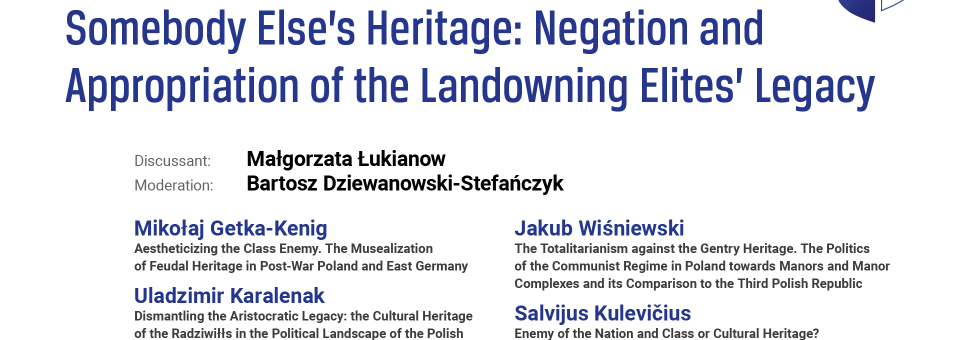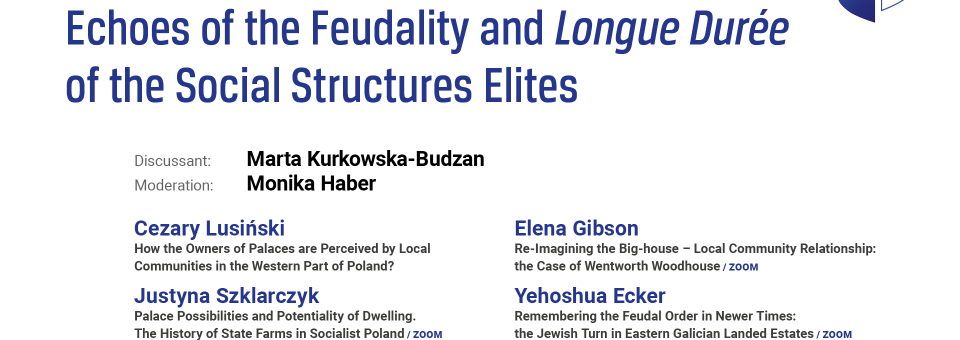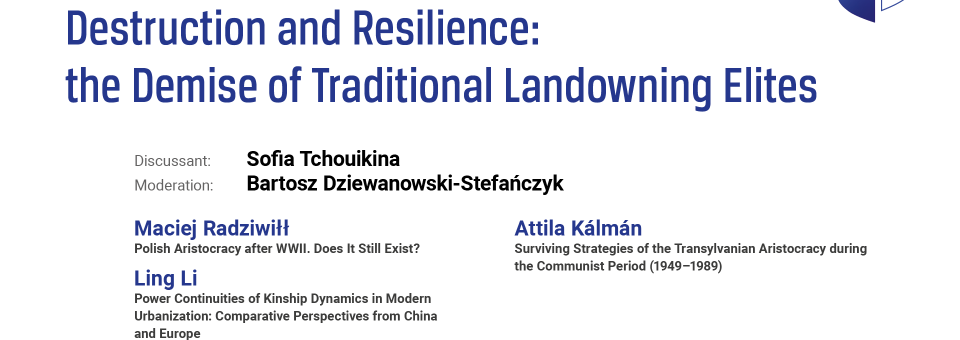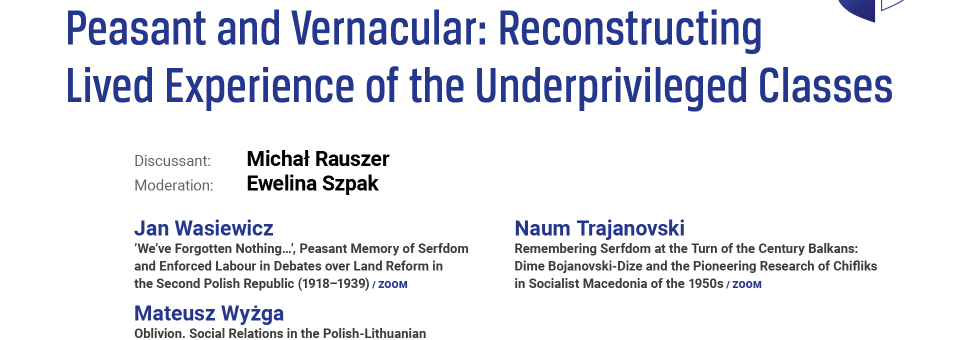Bardzo łatwo wyobrazić sobie pokój z meblościanką, oblepiony wyrwanymi z “Bravo” albo “Popcornu” plakatami Nirvany i Madonny. W telewizji leci „Świat według kiepskich” albo „M jak miłość”, żujemy gumę kulkę, czytamy komiks z Donaldem...
W grudniowej edycji Zrozumieć Pamięć wracamy do tego, co już znamy – Kamil Bałuk i Dariusz Piechota porozmawiają o telewizji, popkulturze i nostalgii za latami 80., 90., 00.
Kamil Bałuk w „Dawno temu w telewizj”i rozmawia z osobami, które stworzyły polską telewizję (z Cezarym Żakiem, Jackiem Kawalcem, Iloną Łepkowską...). Uchylają nam one rąbka tajemnicy na temat pracy przed kamerami, radzenia sobie z popularnością, dzielą się kulisami kręcenia seriali, teleturniejów, sitcomów.
Dariusz Piechota w swojej książce „Na fali nostalgii” opisuje tęsknienie za analogowym światem i procesy reprodukcji przeszłości we współczesnej popkulturze. Pokazuje, w jaki sposób muzyka, dania i codzienności z PRL-u do nas wracają, i dlaczego lubimy Stranger Things i Taylor Swift.
Wystąpili:
Kamil Bałuk autor publikacji „Dawno temu w telewizji”
Dr Dariusz Piechota autor publikacji „Na fali nostalgii. Lata osiemdziesiąte i dziewięćdziesiąte w najnowszej kulturze i literaturze popularnej ”
Prowadzenie: Małgorzata Pakier
Dyskusja jest tłumaczona na polski język migowy.
